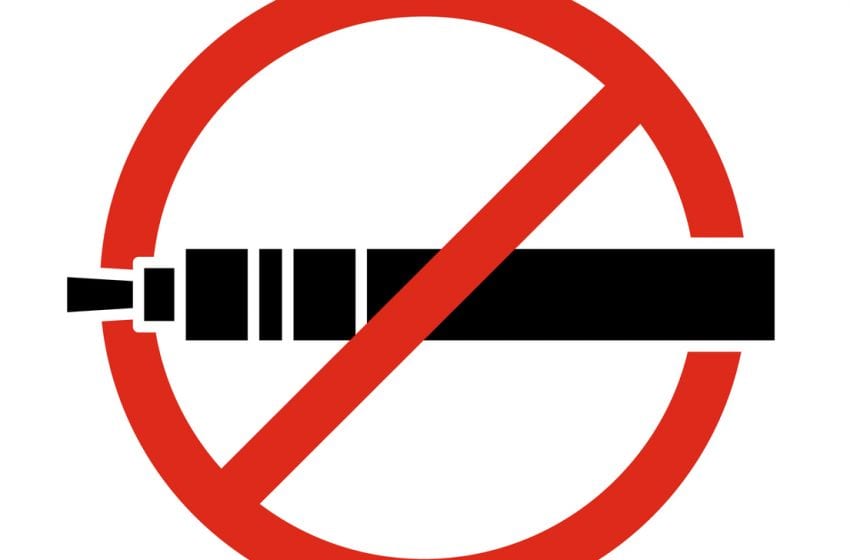Having banned electronic cigarettes, Thailand now has to decide on what it is to do with heat-not-burn products, according to a story on nationmultimedia.com
A recent petition sought a review of the ban on the import and local sale of e-cigarettes but the Public Health Ministry’s Disease Control Department has insisted that these products are hazardous to health and should not be used as a means to quit smoking.
According to another local report, which was published last week, Dr. Assadang Ruay-archin, deputy director-general of the department, who is also the department’s spokesman, described as untrue a story that the Public Health Ministry had distorted the findings of an analysis of the safety risks of e-cigarette use associated with toxic substances and heavy metals.
The Disease Control Department insisted that e-cigarettes were hazardous to health because people who used them could be exposed to nicotine, the addictive substance contained in combustible cigarettes.
Meanwhile, other local media reports have questioned whether Philip Morris International’s heated-tobacco product is an e-cigarette, but the company has moved to put clear water between the two products.
Philip Morris Thailand’s managing director, Gerald Margolis, said on Friday that his company’s product heated tobacco rather than burning it.
‘This is different from e-cigarettes, which generate nicotine-containing aerosols by heating a liquid without using tobacco leaves,’ he said in a press release.
He said that many smokers found it difficult to quit, so it was ‘important’ for them to have access to less harmful alternatives.
In December 2016, PMI submitted a Modified Risk Tobacco Product application to the US Food and Drug Administration and it was accepted, triggering a scientific review at the agency’s Center for Tobacco Products.
Britain’s Committee on Toxicity recently issued a press release describing the core findings of a review on heated tobacco products. It concluded that, while still harmful to health, the consumption of heated-tobacco products was likely to be less risky than smoking conventional cigarettes.











